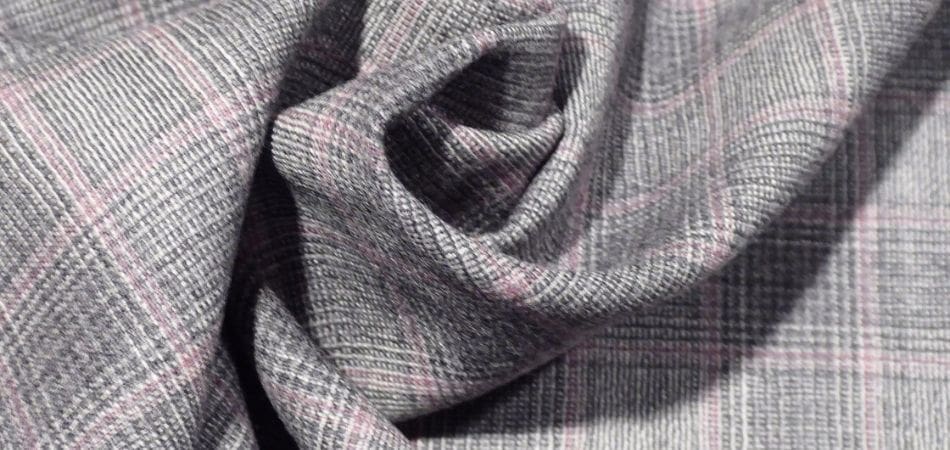
One of the effects of the ongoing pandemic is that people care more about the clothes they buy and how they are made. They want to buy less and wear what they have for longer.
How sustainability became “everything”, and how wool delivers to that requirement, will be the subject of the upcoming Retail Forum (20 May), part of our week-long annual Congress.
Traceability, ratings and retail
2020 brought twenty years of change in a single year, says Simon Cotton, Chief Executive of Johnstons of Elgin, specialists in cashmere and fine wool since 1797. Amid changes to the market and the places where retail sales occur, Cotton flags up 2020 as the year of sustainability.
This should be good news for a natural fibre, right? Not quite: despite being natural, renewable, and biodegradable, wool must work much harder to present its sustainability credentials, because the way textile apparel ratings work, wool and other naturals rank as less sustainable that synthetic, fossil-fuel based fibres.
Not so long ago, nobody thought of plastic fibres as sustainable, panellist Veronica Bates Kassatly has pointed out. Kassatly, formerly a development consultant and World Bank analyst, stumbled into fibre sustainability in 2018, and has since published extensively on the misleading claims made about the comparative sustainability of farmed fibres such as cotton, silk, and wool.
Her particular concerns are one, a lack of robust evidence and data to support the comparisons, and two, the failure of prevailing sustainability indexes to consider the socio-economic impacts of their claims on farmers and farming communities.
Woolgrowing = commitment to farmers, sheep and land
Farmers and farming communities are at the heart of IWTO, which counts among its membership the world’s leading woolgrowing nations. Rounding out the panel is Olivier Segard, former IWTO Executive Committee Member and Managing Director of Segard Masurel wool traders since 1846. Segard Masurel created its Abelusi Wool traceability standard in order to support its woolgrowers in their sustainable farming practices. This includes commitments to farmers, workers, sheep, and the environment.
The Abelusi initiative allows traceability from farm to spinner, and covers 50-odd criteria, audited regularly, in animal welfare, environmental and social responsibility. This is a vital link in the value chain between farm and retail, meeting the demand for sustainability that Simon Cotton noticed in his customers. It is a fine example of the way the wool industry responds to challenges: through partnership and long-term relationships.
Traceability in the wool chain isn’t just a trendy concept: learn more at https://iwto.org/wool-supply-chain/traceability/
For generations, woolgrowers have strived to transfer their lands to future generations in a better condition than when they started farming. Whatever the ratings say or don’t, the wool industry remains committed to continuous improvement in farming practices, to innovation and quality, hand in hand with respect for the planet and for its people. These are, ultimately, the sustainability credentials that matter – whether captured on a label or no.
Join Peter Ackroyd at the Opening Session on Monday 17 May at 13.00-14.00 CEST. He also hosts IWTO’s Retail Forum Chat Room on Thursday 20 May at 12.30-14.00 CEST, with panellists Simon Cotton, Olivier Segard and Veronica Bates Kassatly. For more details and to register, visit iwto.org/congress-2024/
The International Wool Textile Organisation is pleased to welcome Veronica Bates Kassatly, Simon Cotton and Olivier Segard, along with host Peter Ackroyd at the IWTO Retail Forum, Thursday 20 May, 12.30-14.00 CEST. For more details and to register, click on the link above or jump over to iwto.org/congress-2024/
